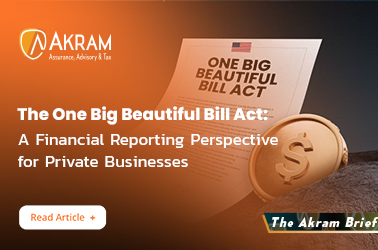How are Hedge Funds Taxed?
Hedge funds in addition to venture capital, private equity, and cryptocurrency funds are typically structured as limited partnerships (LPs) or limited liability companies (LLCs). Both LPs and LLCs are taxed as partnerships by default, which means that they are pass-through vehicles for tax purposes.
Hedge Funds are Taxed as Partnerships
Pass-through means there is typically no tax at the entity, or fund, level and investors will be distributed their proportionate share of the fund’s gains and losses for tax purposes. Investors will report these gains and losses on their individual tax returns and will pay tax on items of income and gain according to the character of the income or gain reported on a K-1 tax form provided by the Partnership (hedge fund).
For example, if a hedge fund generates long-term capital gains, by holding an investment for more than one year, investors will pay taxes on such gains at the long-term capital gains rate.
Hedge Fund Management and Performance fee Taxes
The fund’s manager will generally pay tax on its management fee at ordinary income rates and structure the performance fee as a profit allocation, rather than as compensation for services, in order to receive more favorable tax treatment with respect to assets that are eligible for long-term capital gains.
However, preferential long term capital gain treatment is available for performance fee only if the Fund holds the investment for more than three (3) years.
We Can Help
Our extensive industry knowledge will help you to design a tax efficient hedge fund structure suitable for onshore and offshore investors. Please reach out to our Alternative Investment Fund Tax Team







